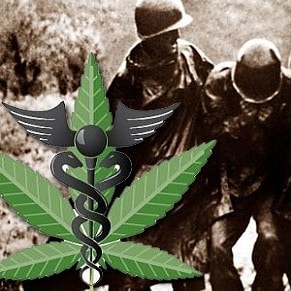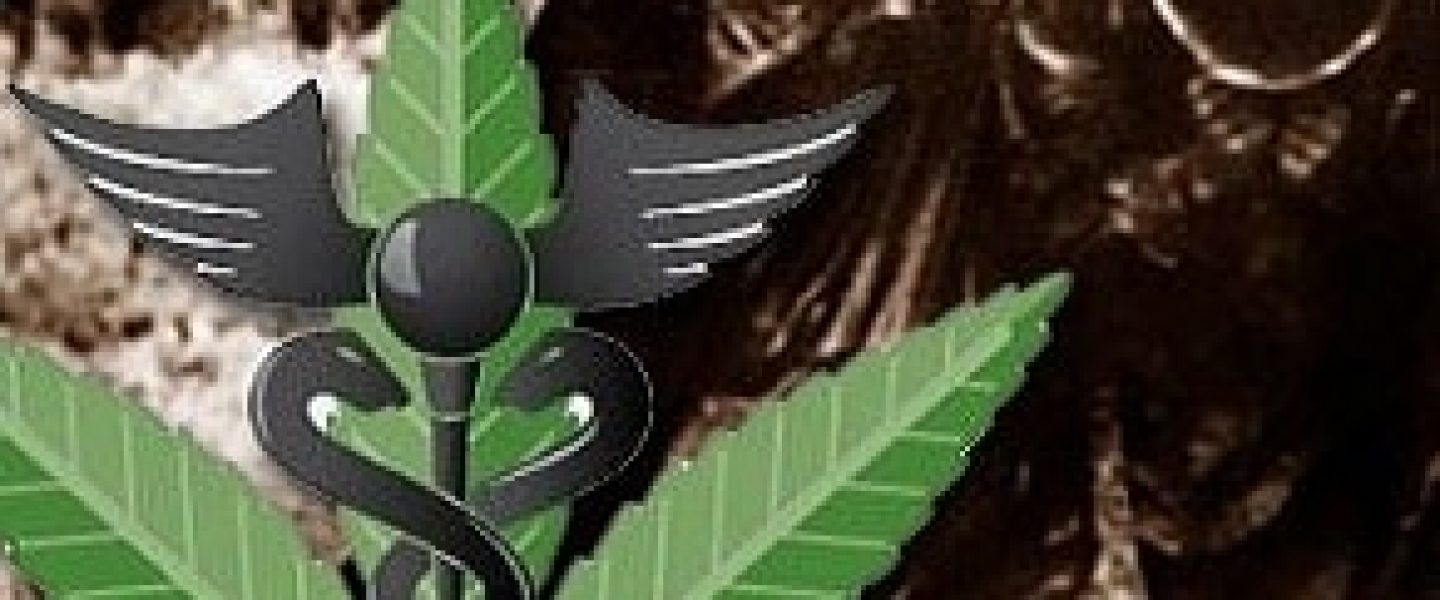
By Lanny Swerdlow, RN
Although the medical use of marijuana has been legal in the state of California since 1996, veterans using VA hospitals have found themselves between a rock and a hard place as VA doctors refused to recognize their right to this medicine and would refuse medical services, especially pain management treatments, if they used marijuana. This conundrum seems to be resolved as on July 6, 2010 the Veterans Affairs Department announced that they will be issuing a directive to all VA hospitals that allows for the use of marijuana medicinally in states where its use has been legalized when recommended by a physician.
In a letter to Michael Krawitz, director of Veterans for Medical Marijuana Access, Under Secretary for Health for the Department of Veterans Affairs Robert Petzel, M.D. wrote “if a Veteran obtains and uses medical marijuana in a manner consistent with state law, testing positive for marijuana would not preclude the Veteran from receiving opioids for pain management in a Department of Veterans Affairs (VA) facility.”
Due to federal law, VA doctors would still be prohibited from providing recommendations to use marijuana for their patients, but patients who obtain recommendations from other doctors would no longer have to choose between receiving care at VA facilities and using marijuana.
Dr. Petzel advised veterans to inform doctors of the use of medical marijuana just as they would inform their doctor of the use of any other non-VA prescribed medications or supplements. VA physicians would retain the discretion to prescribe or not prescribe medications in conjunction with the use of marijuana medicinally.
The medicinal use of marijuana is legendary, dating back almost 5,000 years when a Chinese physician wrote of using cannabis to treat pain, mental problems and female ailments such as menopause and menstrual cramps. The medicinal use of marijuana is now being revived and substantiated through a virtual litany of published peer-reviewed evidentiary-based research demonstrating marijuana effective in reducing pain, facilitating sleep, relieving depression and fighting cancer.
One of the debilitating ailments plaguing many soldiers returning from duty in Iraq and Afghanistan is PTSD–Post-Traumatic Stress Disorder, once known as “battle fatigue” or “shell shock.” PTSD is a chronic condition that follows from exposure to a single terrifying event or continuous emotional trauma. The symptoms of PTSD include persistent frightening thoughts with memories of the ordeal causing chronic depression, insomnia and irritability. These problems are compounded by alcohol which many veterans turn to for relief.
Chronic pain from old physical injuries compounds these problems with narcotic dependence and the debilitating side effects of opioid medications provided by physicians. Marijuana excels in its ability to treat all of these symptoms effectively and safely and with none of the dangerous and nausea inducing side effects of many prescription pharmaceuticals. The only notable side effect of marijuana use is a mild euphoric state of feeling good which most consider a positive and beneficial ancillary effect.
Pioneering medical marijuana physician Dr. Tod Mikuriya, MD, has written that “Cannabis relieves pain, enables sleep, normalizes gastrointestinal function and restores peristalsis. Fortified by improved digestion and adequate rest, the patient can resist being overwhelmed by triggering stimuli. There is no other psychotherapeutic drug with these synergistic and complementary effects.”
For all these reasons and many more, veterans in the 16 states that allow the use of marijuana medicinally are relieved that they no longer have to make the decision between giving up their VA medical benefits and using marijuana.
Subscribe to the free marijuana email newsletter authored by Lanny Swerdlow, RN, LNC by sending an email to [email protected]. He can also be contacted at (760) 799-2055.
Article from Culture Magazine and republished with special permission
























